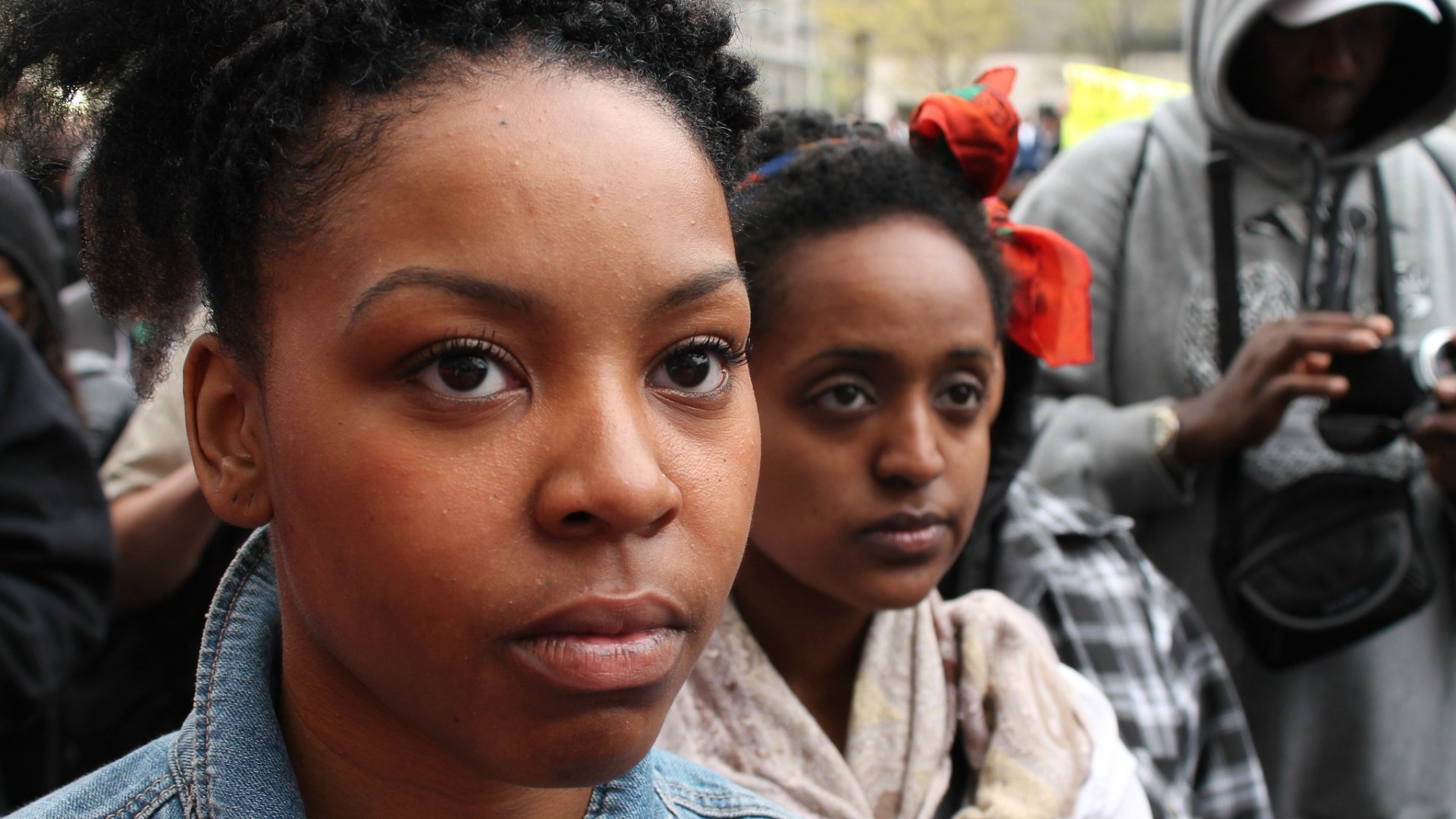This year marks the 50th anniversary of the War on Poverty, a wave of federal programs and initiatives designed to reduce the poverty rate. In many ways, poverty looks different now than it did in the ‘60s, with the emergence of the working poor and the rise of single-parent homes.
But the weight of poverty gets little relief from these small paychecks, amenities, or even welfare programs. The cycle of poverty seems so systemic, so inescapable that it’s hard for the poor to see it as a phase or a temporary condition waiting to be fixed by a government program or even a lucky job offer. Being poor becomes an identity we carry.
Even when the poor are addressed throughout Scripture, poverty often has a possessive pronoun attached to it. Poverty is “theirs” in Proverbs 10:15, “yours” in Proverbs 24:34, and “his” in Proverbs 31:7. The descriptors indicate ownership. This poverty is mine. It is who I am. I am the sum of my poverty.
I carried poverty the same way. As a kid, all my expectations for myself came the framework of poverty. Growing up in Detroit, I noticed whenever white folks muttered something about being afraid of going into the city, avoiding it, or flat-out hating it. I heard the people I went to church with and school with speak of their intense desire to avoid poverty. I was painfully aware that to be poor, but even more to be black, was a condition of emotional poverty I could not escape. I hoped that my fathers’ imprisonment, our blackness, and our poverty didn’t define us, but I couldn’t convince even myself of that. I’d ask things like, “Can someone like me, a poor, black girl from inner-city Detroit get a college degree?”
The problems of poverty get exacerbated by better-off people who think we haven’t worked enough to be worthy of God’s blessings. To the poor, these character judgments confirm the lie we’ve already told ourselves: We have little value. “There is never enough” becomes “there is never enough for me, because I am not worth it,” in a vicious cycle of irreconcilable self-condemnation. The poor are attacked at the deepest level of their identity, value, and purpose. It is no wonder people living in poverty are twice as likely to suffer from depression.
Solomon Northrup, the former slave whom the popular film, 12 Years a Slave was based on, felt no power because systemic forces kept him enslaved and trapped. Likewise, the poor are often gripped with repetitive, negative thinking, looking for a glimmer of light but trapped in a dungeon surrounded by thick, impenetrable darkness. This. This is the weight of poverty.
In Matthew 5:3, Jesus makes a scandalous claim, one that we as Christians have probably heard again and again: “Blessed are the poor in spirit.” The Common English Version reads, “Happy are the hopeless.” Or even better, The Message reads, “You’re blessed when you’re at the end of your rope.”
The verse begs the question: Did Jesus really mean that about poverty? Did he mean it for me, growing up in Detroit? For the millions of desperate people without homes or jobs? For the impoverished girls in Nigeria kidnapped in to slavery? Surely Jesus isn’t asking us to pursue poverty of spirit, hopelessness, or nearing the end of our fraying ropes. It’s hard to imagine how Jesus could consider hopelessness a desirable condition, even a Jesus who we know makes even the simple things in life feel so upside down and backwards.
When we think of the pain of financial and spiritual poverty, the verse seems so trite: “Blessed are you when you’re at the end of your rope” (The Message).
Yet Jesus put it out there, like he always did, saying and doing things that very few people want to be scandalized by. Jesus says, happy are the hopeless because he’s got something else for the poor, and its not here on earth.
Blessed are you, he says, when you’re at the end of your rope because the Kingdom of Heaven is yours. If the poor own poverty, they also own their eternal wealth. Because the deeper the wounds of poverty harbor in our souls and fixate on our core identity, the greater the redemption that awaits us. The poor go from abject mental, physical, and emotional poverty to be granted an entire kingdom, accepted, valued, and welcomed in by the God of the universe. Heaven belongs to the poor. It belongs to the humble. It belongs to the hopeless.
The poor may very well find hope in Jesus when they own that they too have an eternal soul-and-spirit home. Even in the most horrific of circumstances, there is respite for those in captivity. Those who live in poverty can possess the Kingdom of God here on earth amidst the gutted stain of hopelessness simultaneously. On my darkest days, I work hard to remember that one day I will find myself in possession of spiritual rewards that far outweigh the temporary struggles I face today.
Those who are blessed enough to not be poor or hopeless or utterly powerless can read this verse, the opening line of the Beatitudes, and see the true identity that awaits those who are. Rather than dismissing the poor as undeserving, we can recognize their value and worth even when they do not.
We will never lack an opportunity to speak Truth to counter the lies of poverty. As Jesus, also said, the poor will always be with you.
This article was adapted from Grace Biskie’s recently released Converge Bible Study, Cries of the Poor, available on Amazon.
You can find more from Grace at her blog, GraceSandra.com, or on Twitter, @Grace_Sandra_.









